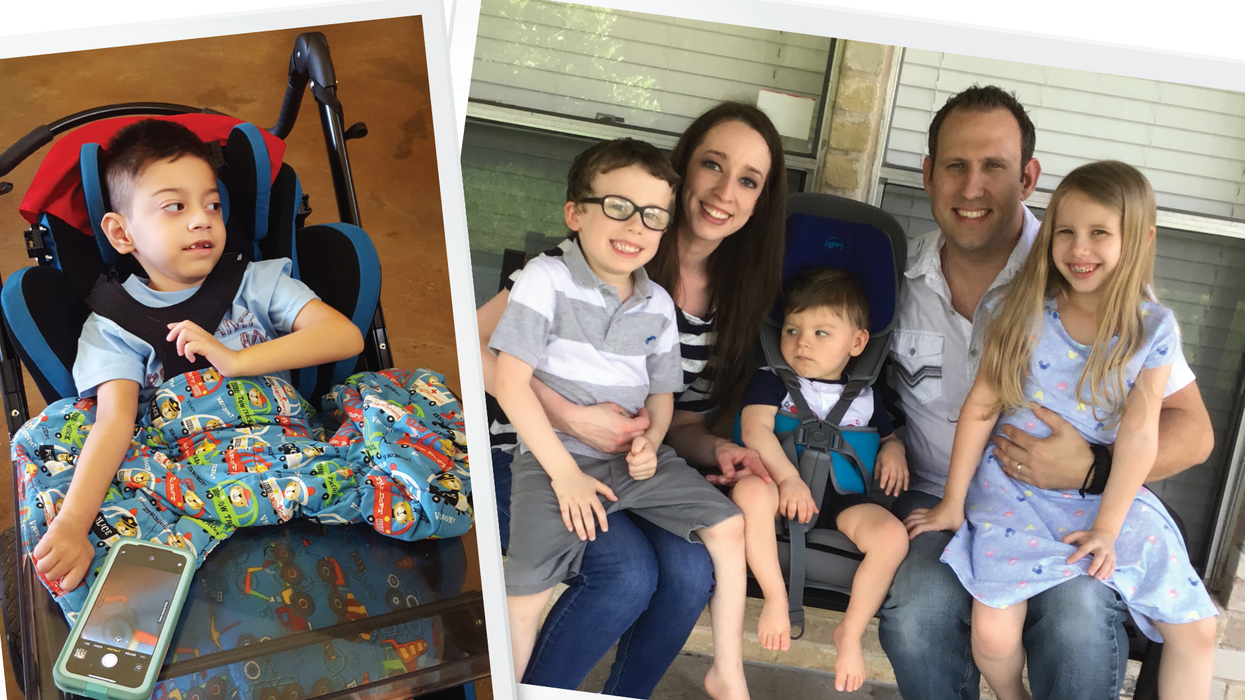
Methodist Hospital. Houston, Texas. 1963. 23-year-old heart surgeon-in-training O.H. "Bud" Frazier, a former football star from small town Stephenville, is attempting to save the life of a teenage boy whose heart, despite what appeared to be a successful operation to replace a damaged aortic valve, has stopped beating. Frazier reaches into the chest cavity, wraps his hands around the young patient's heart and begins squeezing steadily for several minutes. It doesn't work. At one point, the boy wakes up and stares helplessly at Frazier who refuses to quit, and has to be pulled away from the patient he thought he could save. The experience is a turning point for Frazier, and drives him to become one of the world's most respected heart surgeons, and seek out “the holy grail” in the treatment of heart disease: a self-contained, implantable artificial heart.
Frazier’s life is the focus of Mimi Swartz's fast paced and meticulously researched book, Ticker: The Quest to Create an Artificial Heart. On Tuesday, Aug. 7, Swartz joins Maggie Galehouse at the Houston Public Library's Julia Ideson Building for a conversation about her book and the contributions of Houston’s renowned medical community to the treatment of heart disease, which continues to kill more people annually than all of the cancers combined.
Like many Texans, San Antonio-born Swartz grew up hearing about the accomplishments of Frazier and his mentors Denton Cooley and Michael Debakey, two of the most famous surgeons in their time, and wasn't convinced there was a new story to tell. But a conversation with her good friend artist Dario Robleto, a child of the 1970s, who incorporates pre-20th century heart research into his art, convinced her to write Ticker. "All of this history about the artificial heart was new to him," says Swartz, “and I realized, this could be a really fun book to do.”
For those unfamiliar with the accomplishments of Frazier, Cooley and DeBakey and the many other Houston-based heart surgeons, inventors and funders lost to history, Ticker will be a revelation. Not only does Swartz describe decades of medical experiments and discoveries in language the average reader will understand, she dares to explore, with refreshing frankness, the personal and political costs of developing such life-saving devices as the Bivacor, a small, self-contained “pulseless” artificial heart partially created by Frazier. Early in his career, Frazier asked Cooley if there is a way to deal with losing so many patients year after year, with the hope that one day, one person’s life will be saved as a result. Cooley's response to his protégé is succinct: “To kill with impunity.”
“If you're in a world where you have to be intensely focused and act fast,” says Swartz of Frazier’s chosen vocation, “you can't let your emotions interfere.” In a chapter titled "A Tour of Hell," she recounts in grisly detail Frazier's harrowing 1968-69 tour of duty in Vietnam, where he suddenly found himself jumping out of helicopters to attend to wounded soldiers on the battlefield. His “confidence and concentration amid the chaos” is similarly shared among the heart surgeons in Ticker, except for DeBakey, whose military experience only increased his volatile and patronizing nature. And yet DeBakey’s “indomitable will” served him well when it came to leading the transformation of Baylor College of Medicine, Methodist Hospital and Texas Medical Center into the internationally recognized institutions we know today.
Along with Fraziler, Cooley and DeBakey, plenty of other characters (in every sense of that word) appear throughout Ticker, each playing a crucial role in what became a worldwide endeavor to invent and safely implant an artificial heart. There's Billy Cohn, a former punk rocker turned heart surgeon, who is not above charming potential funders with a magic card trick or two. And Houstonians will cheer at the appearance of discount furniture king Jim "Mattress Mack" McIngvale who provides much needed funds at a key moment in the development of the Bivacor.
For Frazier, who was the only surgeon to volunteer to perform heart transplants in the earliest days of the Texas Heart Institute, any political, financial and personal costs are irrelevant when it comes to saving lives, or at least delaying the inevitable by a week or two. And while the egos Swartz describes in Ticker are Shakespearean in size, it’s clear no medical progress is ever achieved without compassion. “He never had to ask whether he was doing good,” writes Swartz about Frazier. “He knew he was.”




















